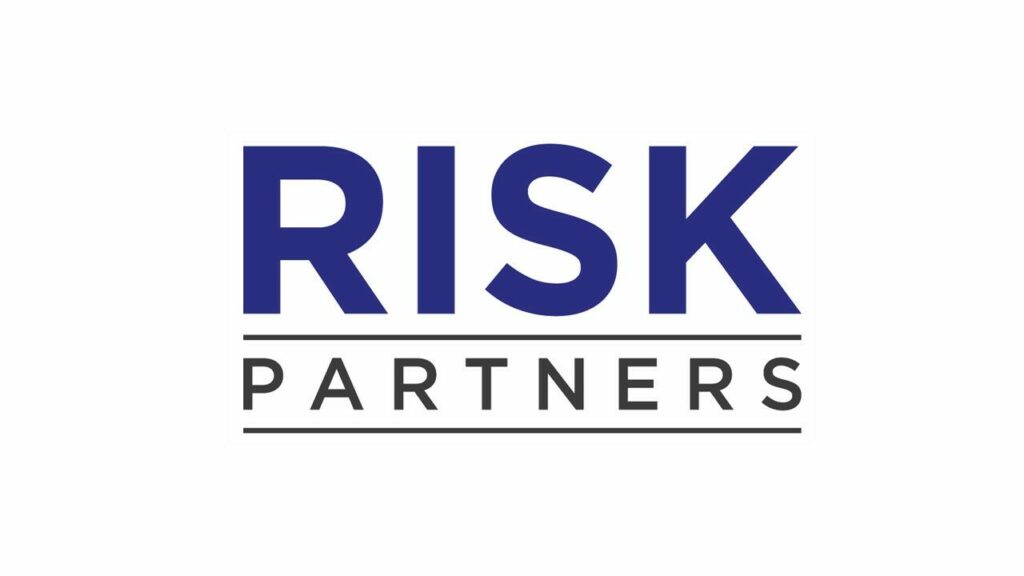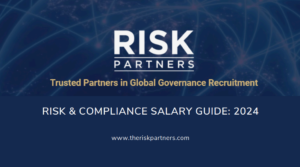In the ever-changing landscape of Financial Services, Risk Management stands as a cornerstone, ensuring stability, resilience, and compliance in an ever-evolving environment.
As technology continues to reshape industries, the future of Risk Management in Financial Services promises to be both transformative and essential. From advanced analytics to regulatory evolution, let’s delve into the key trends shaping this critical aspect of the financial sector:
**1. Data-Driven Decision Making:**
Data has emerged as the lifeblood of modern risk management. Advanced analytics, machine learning, and artificial intelligence empower financial institutions to harness vast amounts of data for predictive modeling, scenario analysis, and risk forecasting. By leveraging real-time data streams and sophisticated algorithms, institutions can anticipate and mitigate risks more effectively, enhancing their ability to adapt to changing market conditions.
**2. Cybersecurity Imperatives:**
With the proliferation of digital transactions and the rise of cyber threats, cybersecurity has become a paramount concern for risk management. Financial institutions must continually fortify their defenses against cyber attacks, employing robust encryption, multi-factor authentication, and proactive threat intelligence to safeguard sensitive data and preserve customer trust. Additionally, advancements in blockchain technology hold promise for enhancing security and transparency in financial transactions, further bolstering risk management efforts.
**3. Regulatory Complexity:**
Regulatory requirements continue to evolve in response to emerging risks and market dynamics. Financial institutions must navigate a complex regulatory landscape, ensuring compliance with stringent guidelines while striving to maintain operational efficiency. RegTech solutions, powered by AI and automation, offer a compelling approach to streamlining regulatory compliance processes, enabling institutions to efficiently manage compliance obligations and reduce regulatory risk.
**4. Climate and ESG Risks:**
Environmental, Social, and Governance (ESG) considerations are gaining prominence in risk management practices as organizations seek to address climate-related risks and meet stakeholder expectations for sustainable business practices. Integrating ESG factors into risk assessments enables financial institutions to identify and mitigate exposure to environmental and social risks, while also seizing opportunities for sustainable investment and growth.
**5. Resilience and Business Continuity:**
The COVID-19 pandemic underscored the importance of resilience and business continuity planning in risk management. Financial institutions must proactively assess and mitigate operational risks, including supply chain disruptions, cyber threats, and geopolitical uncertainties, to ensure business continuity in the face of unforeseen challenges. Embracing digital transformation and cloud-based technologies can enhance operational resilience, enabling organizations to adapt and thrive in volatile environments.
**6. Collaborative Risk Management:**
As risks become more interconnected and systemic, collaboration among financial institutions, regulators, and industry stakeholders is essential for effective risk management. Information sharing, industry benchmarks, and collaborative initiatives facilitate a collective approach to identifying and addressing emerging risks, strengthening the resilience of the financial system as a whole.
**Conclusion:**
The future of risk management in financial services is characterized by technological innovation, regulatory evolution, and a heightened focus on sustainability and resilience. By embracing data-driven decision-making, fortifying cybersecurity defenses, navigating regulatory complexity, addressing climate and ESG risks, prioritizing resilience and business continuity, and fostering collaborative risk management practices, financial institutions can effectively navigate the complexities of an increasingly interconnected and dynamic risk landscape, safeguarding their operations, stakeholders, and long-term viability in an uncertain world.
If you are looking for the next job opportunity or for the right people to join your team, please get in touch with me directly, today
Thank you for reading
Rob Starkl
Managing Partner – The Risk Partners
rob@theriskpartners.com












